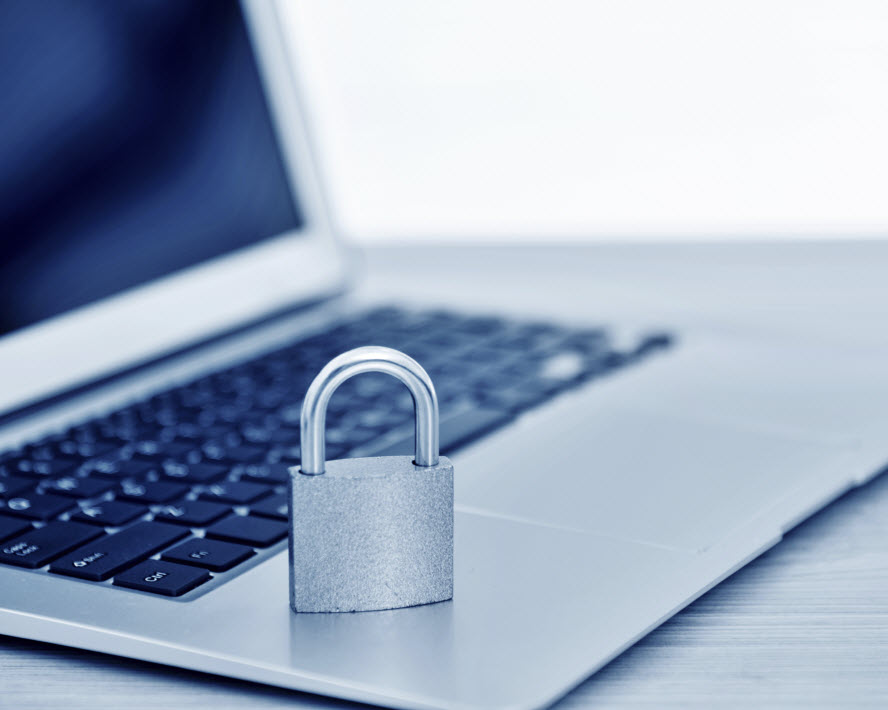Safety Precautions When Browsing Online
The consumption of information through devices, both mobile and fixed, is constantly growing. Every day an exchange of data is generated through the internet, however, you must bear in mind the need for security when browsing online, to protect your information from possible attacks by intruders. Today, most web browsers incorporate security features and tools that alert you to cyber attacks while you browse.
Network security
The web pages that you consult daily must comply with a set of parameters that are part of the security policies that are implemented on the internet. Both users and web pages can be victims of computer attacks.
Remember that information is power, for this reason computer criminals are constantly hunting for breaches in security to steal valuable information from people or companies.
Safety tips when browsing online
Each user or web page has to develop a security strategy, in order to face the multiple daily attacks that they may receive. Computer criminals specialize every day, to be able to circumvent your security, with almost undetectable mechanisms and even counting in some cases with “complicity” on your part due to omission or over-confidence.
When you establish automatic and manual security mechanisms, it is possible to have greater security xxx, since if you make a mistake when browsing or downloading a potentially harmful file, the security software must be able to alert you to the threat in progress.

It is important that you take into account the following tips to navigate safely:
- When making purchases online, you must do so from a website that has the “HTTPS” security protocol, and it is also recommended that you review their security policies, remember that you are going to provide personal and financial cam4 data during the purchase process.
- You must have quality and updated antivirus software. This will be in charge of fighting against threats that you cannot identify so easily, it is very important to keep it updated so that it can identify and deal with all types of malware.
- Public networks generally do not have security mechanisms and information protection, this facilitates the intrusion of attackers in search of easy targets.
- You should be vigilant and be wary of emails with questionable senders, files or links. Never download or click on them if you don’t know their origin.
- Some web pages may try to confuse you to click on some type of dubious message or link, be forewarned and avoid falling into these practices.
- With the internet of things, new threats to our computer security arise. The “smart” objects that can exchange information must be up-to-date to keep them protected from attacks in search of your sensitive information.
- Create complex passwords that are not easy to guess xvideos. Do not use personal data or correlative numbers, try to use a combination of letters, numbers and symbols that is difficult to identify.
- Restrict access to your geolocation, because this data is extremely sensitive since you are giving access to your location in real time, which can be very dangerous if it falls into the hands of hackers.
- A really fundamental aspect that depends 100% on you, is the use of conscience, you must think more than once before supplying any type of personal information of any kind. Keep in mind that the network is mined with dangers and you must be very jealous with your data.
Safety when browsing online depends entirely on you as a user, either due to the implementation of automatic mechanisms that protect your data or because of the self-care you have about your actions on the network, be suspicious and be cautious. Be safe.